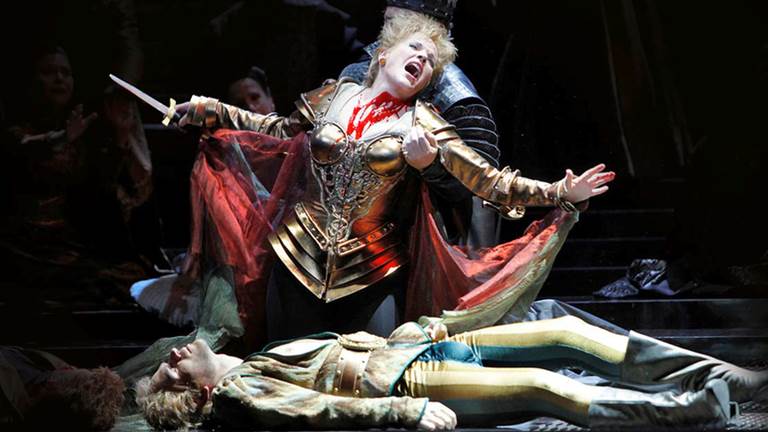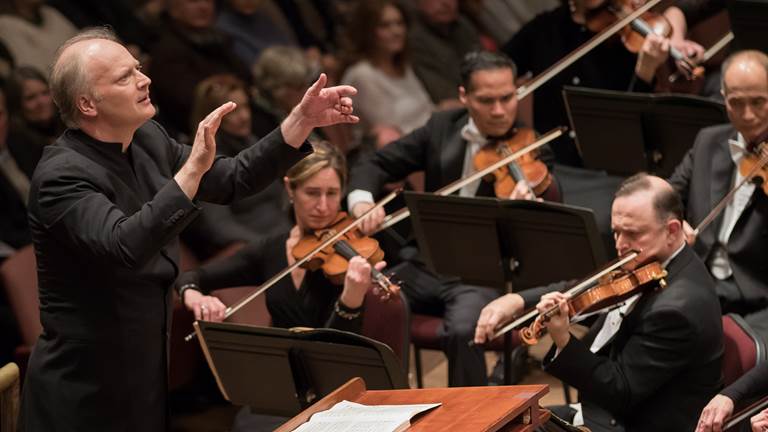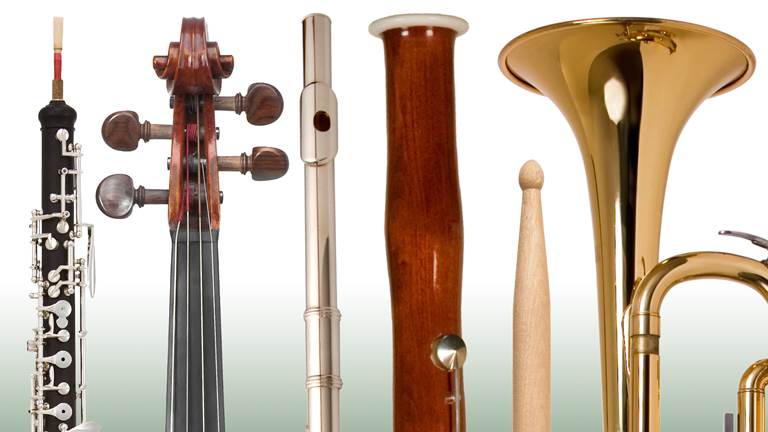Composer Amilcare Ponchielli was born near Cremona, Italy, and entered the Milan Conservatory at age nine. Upon completion of his studies, he took a position as church organist and conductor of a local community band. He was later appointed director of music at the Piancenza Cathedral and also spent ten years as professor of composition on the faculty of the Milan Conservatory. Among his pupils were Giacomo Puccini and Pietro Mascagni.
He began composing operas while still in conservatory. His operas had little success until Il Promessi Sposi (The Betrothed) was premiered in 1872. His most famous opera was La Gioconda (The Ballad Singer) written in 1876. The only part of that work still in contemporary repertory is The Dance of the Hours, made famous by its inclusion in Walt Disney’s delightful cartoon of classical music, Fantasia. Who could forget the humor of the dancing elephants and hippopotamuses?
Ponchielli wrote ten operas, numerous sacred and secular choral works, and pieces for solo and ensemble instruments, none of which survive in current repertory. Ponchielli died in 1886 in Milan, the city where he spent his musical career.




